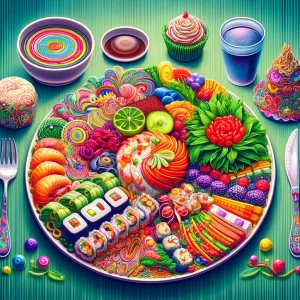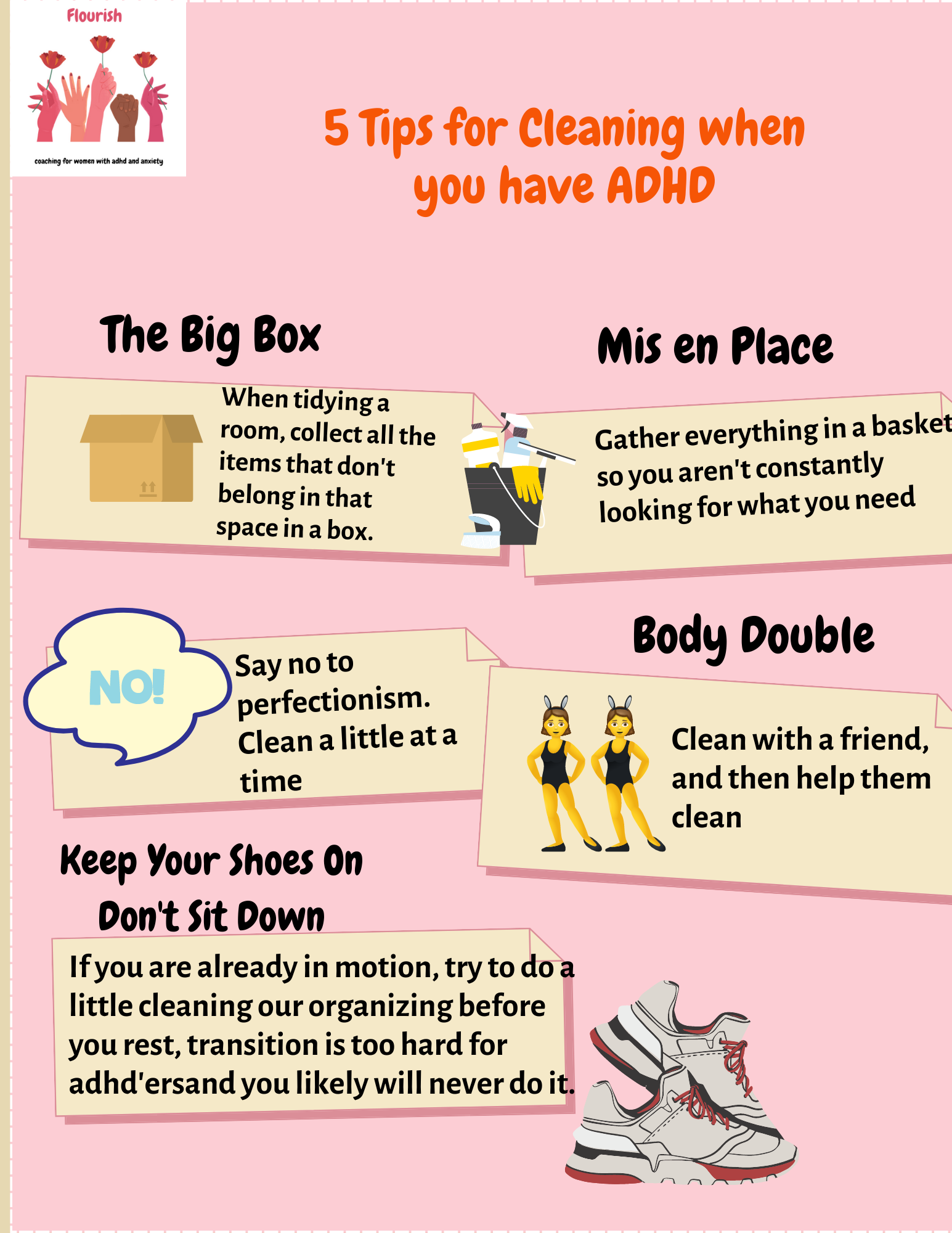ADHD and Eating the Same thing over and over again. The hyperfixation meal.
Do You Eat the Same Thing Over and Over as and ADHD Woman? Here’s Why

Introduction
Have you ever found yourself eating the same meal day after day until you can’t stand the sight of it anymore? If so, you’re not alone. This phenomenon, often referred to as “hyperfixation meals,” is especially common among neurodivergent individuals, including those with ADHD and autism. In this blog, we’ll explore why hyperfixation meals happen, the science behind them, and how to navigate them in a way that affirms and supports your neurodivergent brain.
Understanding Hyperfixation Meals
Hyperfixation meals involve repeatedly eating the same food until it becomes unappealing. For neurodivergent individuals, this behavior is more than just a quirky habit—it’s often tied to the unique ways our brains function and seek comfort.
The Role of Dopamine in ADHD
For people with ADHD, hyperfixation meals can be linked to the brain's dopamine system. Dopamine is a neurotransmitter that plays a key role in reward and motivation. Individuals with ADHD tend to have lower levels of dopamine, which means their brains are constantly seeking activities and foods that provide a quick dopamine boost. Eating a favorite meal repeatedly can give that much-needed sense of reward and pleasure, even if it’s just for a short while.
Executive Functioning and Decision-Making
Another factor at play is executive functioning, which includes skills like planning, decision-making, and organizing. ADHD can impair these functions, making it challenging to decide what to eat, especially during times of stress. Sticking to a familiar meal can reduce the cognitive load and simplify decision-making, providing a sense of control and ease in an otherwise chaotic day.
Sensory Sensitivities in Autism
For autistic individuals, hyperfixation meals often stem from sensory sensitivities. New tastes and textures can be overwhelming and even distressing. Sticking to familiar foods helps avoid sensory overload and provides a sense of safety and predictability. This is why many autistic people prefer eating the same meal repeatedly—it’s a way to maintain comfort and stability in their daily lives.
Balancing Hyperfixation Meals and Nutrition
While hyperfixation meals can provide short-term comfort, they can also lead to nutritional imbalances if the diet lacks variety. Here are some neurodivergent-affirming tips to help manage hyperfixation meals while ensuring you get the nutrients you need:
- Incorporate Variety Gradually: Instead of overhauling your diet, try introducing small changes. Add a new vegetable to your favorite meal or try a different seasoning. Gradual changes can make variety less overwhelming.
- Find Nutritious Favorites: Identify nutrient-dense versions of your favorite meals. If you love pasta, for example, try adding vegetables or choosing whole-grain options to boost nutritional value.
- Seek Professional Help: If hyperfixation meals are causing health issues or significant stress, consider consulting a nutritionist or therapist who understands neurodivergence. They can offer tailored advice and support.
- Practice Self-Compassion: Remember, it’s okay to seek comfort in familiar foods. Be kind to yourself and acknowledge that hyperfixation meals are a valid coping strategy. Focus on making small, positive changes rather than criticizing yourself.
Conclusion
Hyperfixation meals are a common experience for many neurodivergent individuals, driven by factors like dopamine regulation, executive functioning challenges, and sensory sensitivities. Understanding why these patterns occur can help you navigate them with compassion and care. By incorporating variety gradually, choosing nutritious options, seeking professional help when needed, and practicing self-compassion, you can balance the comfort of hyperfixation meals with a healthy and fulfilling diet.
Remember, embracing your neurodivergent brain means recognizing and honoring the unique ways it seeks comfort and stability. Here’s to celebrating the ways we nourish ourselves, one meal at a time.



